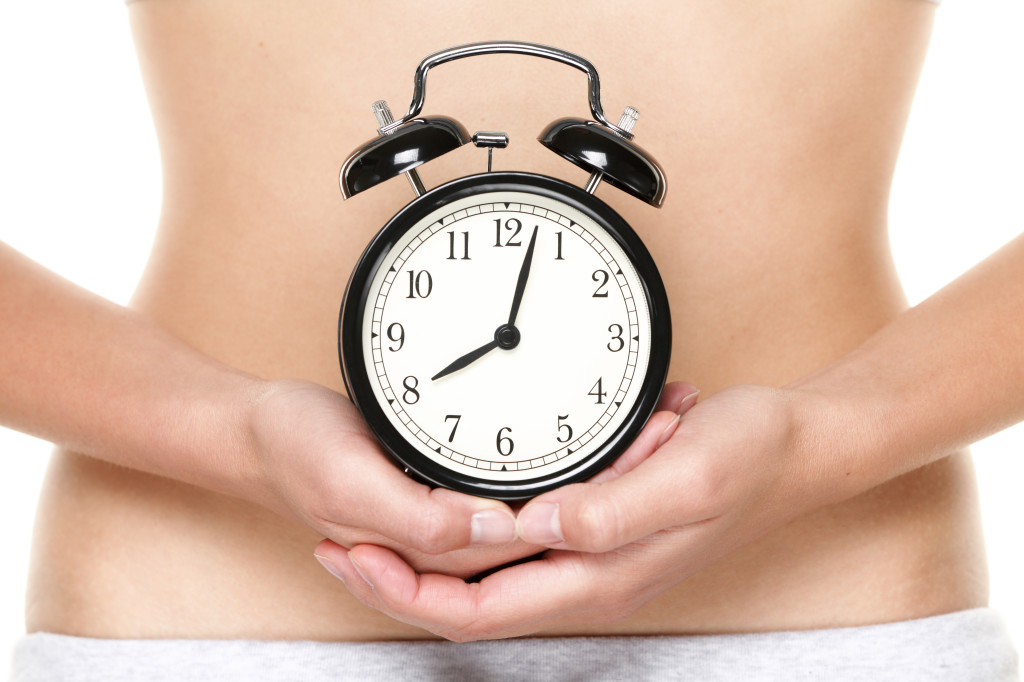At CFI, we understand the importance a person’s age plays on the selection of the best fertility treatment plan. We work closely with each patient to consider age and all other contributing factors to choose the best plan of action. Here are a few facts about how age factors into fertility treatment.
Fertility starts to decline for women at about age 30, dropping down more steeply after age 35. As women grow older, the chances of getting pregnant falls while the likelihood of infertility rises.
Most women will be able to conceive naturally and give birth to a healthy baby if they get pregnant before age 35. After 35, the number of women who experience infertility, miscarriage or a problem with their baby increases. By age 40, only two in five of those who wish to have a baby will be successful.
Because of the increase in infertility due to age, the average age at which women have IVF treatment is rising.
Though male fertility also declines with age, it tends to happen gradually and men can remain fertile for much longer than women. Many men remain fertile into their 50s, but the proportion of men with sperm disorders increases with age. Importantly, the decline in male fertility can affect the health of their potential children.
We will personally and confidentially meet with you to help you achieve your parenting dreams.